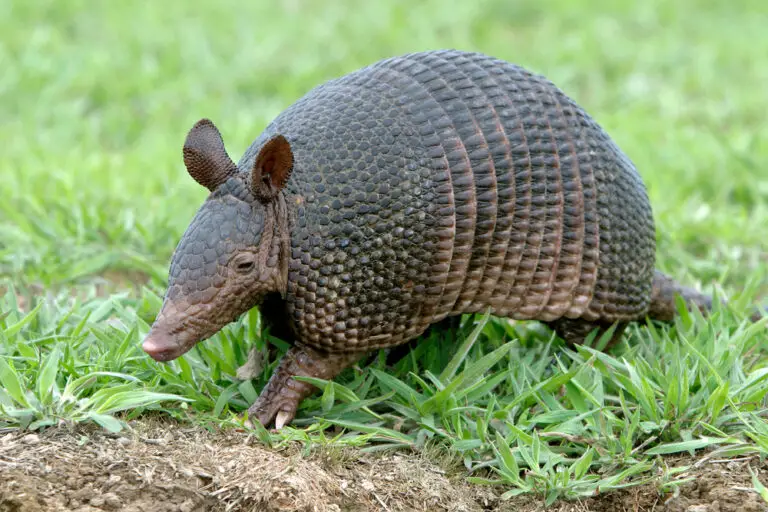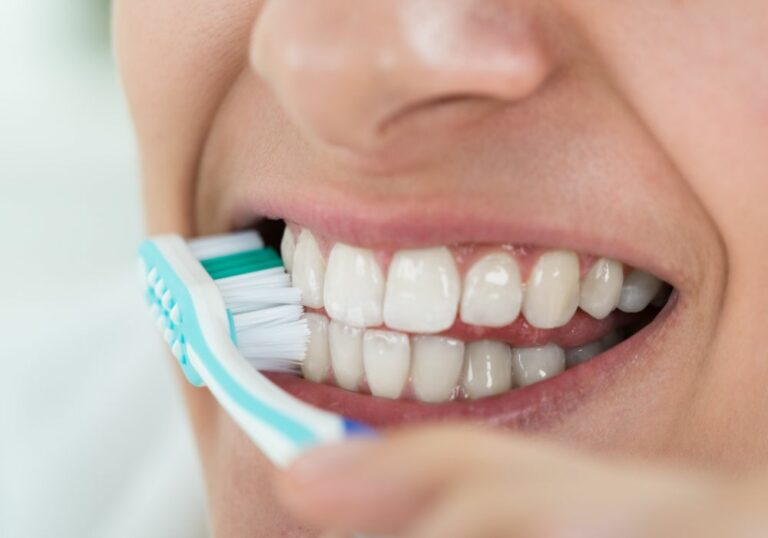As toddlers grow into their independence, toothbrushing can become a daily struggle. Discovering the reasons behind this resistance and trying different approaches can help make this routine easier on both parent and child.
The Toddler Mindset
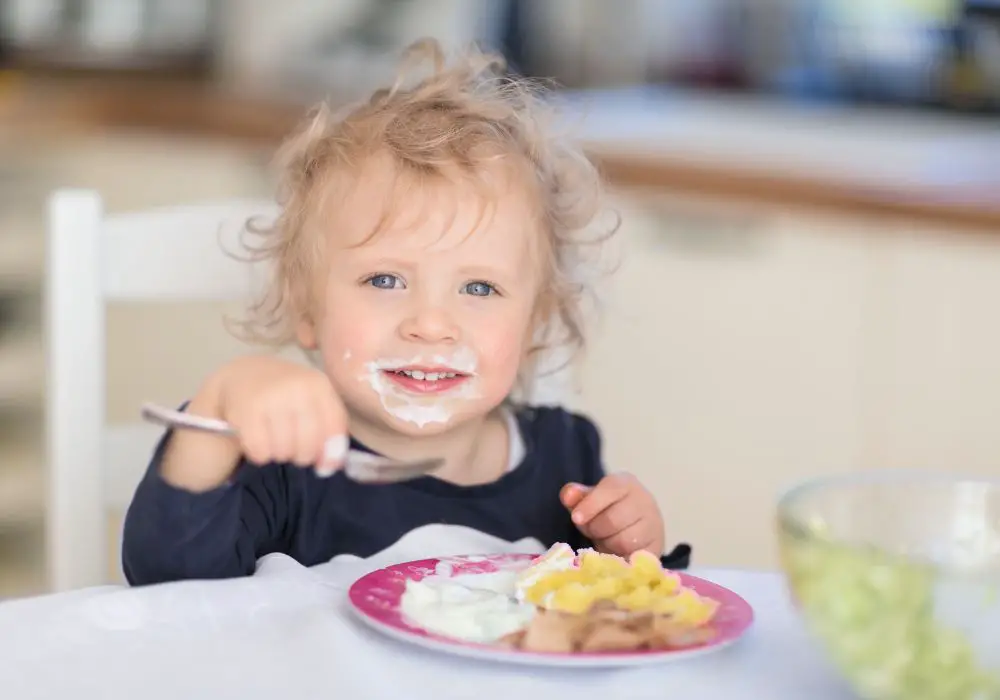
To understand what’s behind the resistance, it helps to recognize the major developmental milestones of a 2 year old:
- Individuation – Starting to understand themselves as separate beings from mom and dad
- Autonomy – Asserting their independence and wanting control over their bodies
- Communication – Rapidly improving verbal skills and ability to express themselves
- Cognition – Very limited understanding of logic and reason
With this context in mind, toothbrushing may be viewed by toddlers as an unwanted invasion of their newfound autonomy. Parents need to empathize with this perspective while still finding creative ways to accomplish this essential daily task.
Why Toddlers Resist Brushing
Toddler resistance tends to stem from a few key factors:
Lack of Control
Having a parent forcibly put a foreign object in their mouth can feel threatening to a toddler’s blossoming sense of individuality. They yearn to assert control over their own body.
Discomfort
The tastes, textures and sensations of brushing are unfamiliar and can cause discomfort. Toddlers dislike anything that feels unpleasant or forced upon them.
Separation Anxiety
Being pulled away from play and controlled by a parent may trigger separation fears common at this age. They resist to stay close.
Fatigue
Brushing often coincides with bedtime when toddlers tend to be exhausted and emotional. This leads to greater resistance.
Misunderstanding
Toddlers lack the cognition to comprehend why this unpleasant act is important for their health. The logic behind it is beyond their mental abilities.
Attention Seeking
Some resistance stems from toddlers realizing they can gain attention through refusal. Parent reactions can inadvertently reinforce this.
Oral Sensitivity
A small percentage of toddlers may have legitimate oral sensitivities that make teeth brushing uncomfortable. This requires professional evaluation.
While often frustrating, it helps to recognize that resistance is developmentally appropriate for toddlers testing their autonomy. Patience and creativity are key to working through this temporary phase.
Strategies to Try
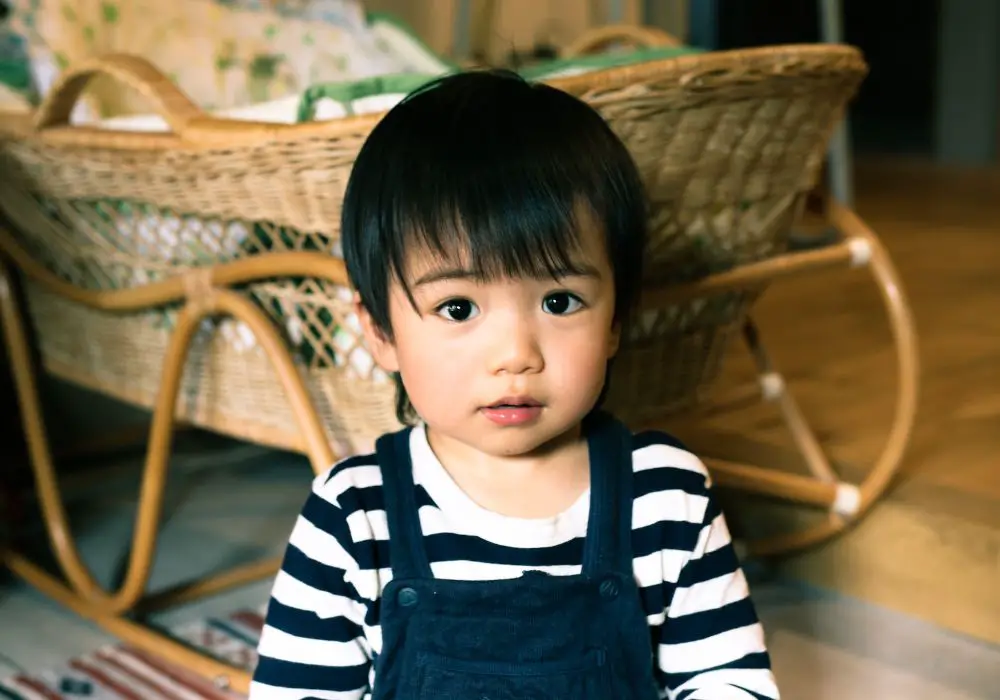
Here are some proactive tips to make brushing more cooperative and pleasant:
Offer Choices
- Let them pick toothbrush color/design to give them some control
Make It Fun
- Sing songs, make silly faces, turn it into a game
Use Favorite Characters
- Special toothbrushes or timers featuring their favorite cartoon characters
Implement Rewards
- Sticker charts, small treat, or fun activity after brushing
Set a Routine
- Consistent schedule helps toddlers transition and expect it
Brush Together
- Whole family brushing at the same time
Tell Stories
- Make up imaginative stories about brushing the “sugar bugs” away
Go Slowly
- Gradually acclimate them to toothbrush in mouth before brushing
Use Distractions
- Books, toys, mirrors – whatever engages their attention
Avoid Restraint
- Forcing and physical restraint fuels power struggles
Stay Calm
- Toddlers feed off your frustration; keep relaxed tone
Let Them “Help”
- Allow them to try brushing your teeth too
Enlist Help
If one parent constantly struggles, have the other take over for a period
Seek Professional Guidance
- For extreme resistance or tantrums, seek pediatric dentist advice
Be Consistent
- Stick with the same techniques for several weeks before switching
With creativity and empathy, parents can often find an approach that makes brushing more cooperative for both child and parent.
When To Seek Help

While resistance is normal, speak to your pediatrician or dentist if:
- It lasts longer than 6 months of consistently trying different tactics
- Your child is pushing 4 years old and still refuses daily brushing
- You see clear signs of tooth decay or gum inflammation
- Brushing is so traumatic it leads to tantrums or a fear of oral care
- Your child gags or refuses to open mouth at all for brushing
- Underlying oral sensitivities or other issues are suspected
Professional help may be needed to evaluate any underlying issues and develop a customized plan.
Tooth Brushing How To’s
Once your toddler lets you in their mouth, proper brushing technique is critical:
- Use soft bristled toothbrush sized for toddler mouth
- Smear a rice-grain amount of fluoride toothpaste
- Tilt brush at 45 degree angle aimed at the gumline
- Gently brush outside, inside and chewing surfaces using short strokes
- Focus on front top and bottom teeth where cavities most often start
- Build up to 2 minutes over time as attention span allows
- Allow toddler to spit out excess toothpaste but avoid rinsing with water – this washes away the protective fluoride
Reinforce that brushing protects their teeth from feeling “ouchie” and keeps their smile strong and healthy. But don’t force the lesson – toddlers focus more on the experience than your words at this age.
Establishing Lifelong Oral Health Habits
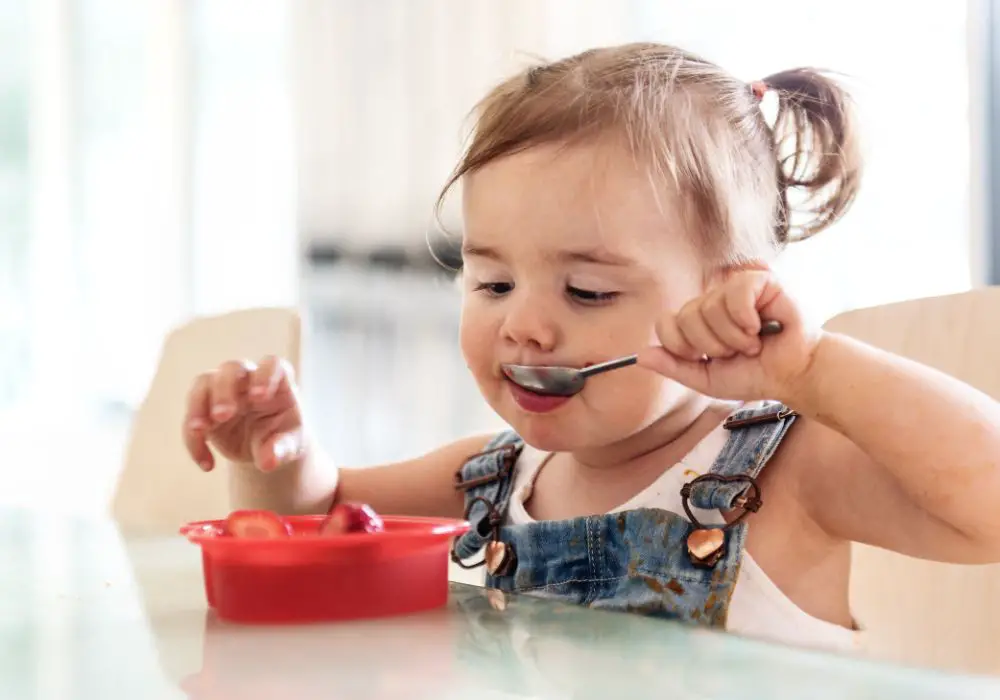
Toothbrushing is just part of the equation for protecting toddler dental development. Here are some other tips:
- Get your child’s first dental checkup by 12 months old, or when first tooth erupts
- Avoid sharing utensils or cleaning pacifiers with your mouth to limit bacteria transmission
- Serve healthy foods like yogurt, cheese, vegetables and lean proteins which promote strong teeth
- Always supervise sugary or acidic foods and limit to mealtimes only
- Drink fluoridated tap water which strengthens tooth enamel
- Continue dental visits every 6 months to monitor development
Establishing excellent lifelong oral hygiene starts in these toddler years. Avoid letting struggles over brushing deter you from setting your child up for a healthy smile now and in the future.
Frequently Asked Questions
How can I make toothbrushing more fun for my 2 year old?
There are endless creative ways to engage toddlers during brushing: sing silly songs, play toothbrushing games that involve racing or their favorite characters, make it social by brushing together, use fancy electronic toothbrushes with lights and sounds, let them stare in the mirror making faces, follow up with a fun activity like reading a book, or tell imaginative stories.
What oral hygiene habits are most important to establish at age 2?
The most critical priorities are introducing regular toothbrushing, using proper technique for their age, starting fluoride toothpaste, limiting sugary foods to mealtimes, drinking fluoridated water, and beginning professional dental cleanings around age 1. Creating positive associations with brushing is also key.
Should I force my resistant toddler to let me brush their teeth?
Forcing often backfires by escalating power struggles. Stay calm, use distraction, break up the task into very small steps, praise any cooperation, and try again later if needed. Get other creative ideas from your pediatric dentist. But remember this is a passing phase – with patience your toddler will eventually cooperate.
Is it ok if I can’t fully brush my toddler’s teeth each day?
Getting every tooth perfectly brushed twice per day is ideal, but unlikely with a resistant toddler. Focus on making it a calm, positive experience. If you can regularly get even a few teeth brushed, that will provide some protective benefits. Stay consistent with routines and don’t escalate struggles. Fluoride exposure through toothpaste and drinking water also helps strengthen teeth between brushings.
What should I do if toothbrushing leads to tantrums every time?
Extreme reactions may indicate a stronger issue like oral sensitivities. Try different types of toothbrushes and toothpaste flavors. Use rewards, distraction, and gradual acclimation to the toothbrush. Keep sessions very brief. Praise any minor cooperation. If there is no improvement over time, consult your pediatric dentist for professional guidance. With help, the process can be made less traumatic.
At what age can I rely on my child to brush his own teeth effectively?
Realistically, kids do not have the manual dexterity and thoroughness to brush adequately on their own until at least age 4 or 5. However, involving toddlers in the process by letting them try brushing themselves helps gain cooperation. Provide close supervision and follow up by brushing properly again yourself. Build their independence little by little.
Toothbrushing battles are a rite of passage for most toddler parents. With empathy, consistency and creativity, this temporary phase can become a bonding experience that positively shapes your child’s oral health for life.



